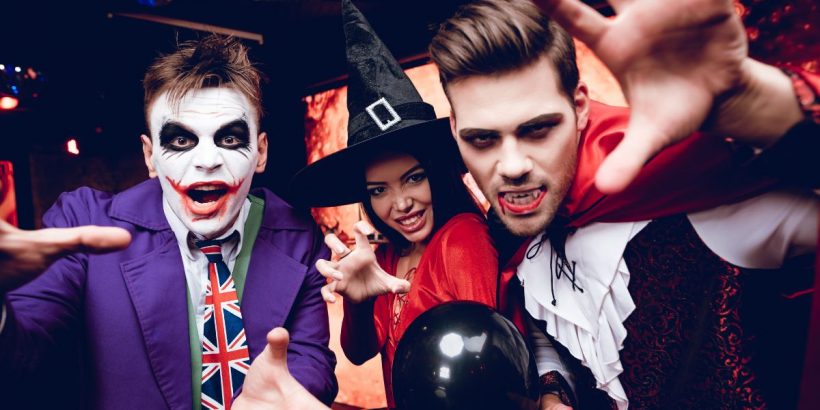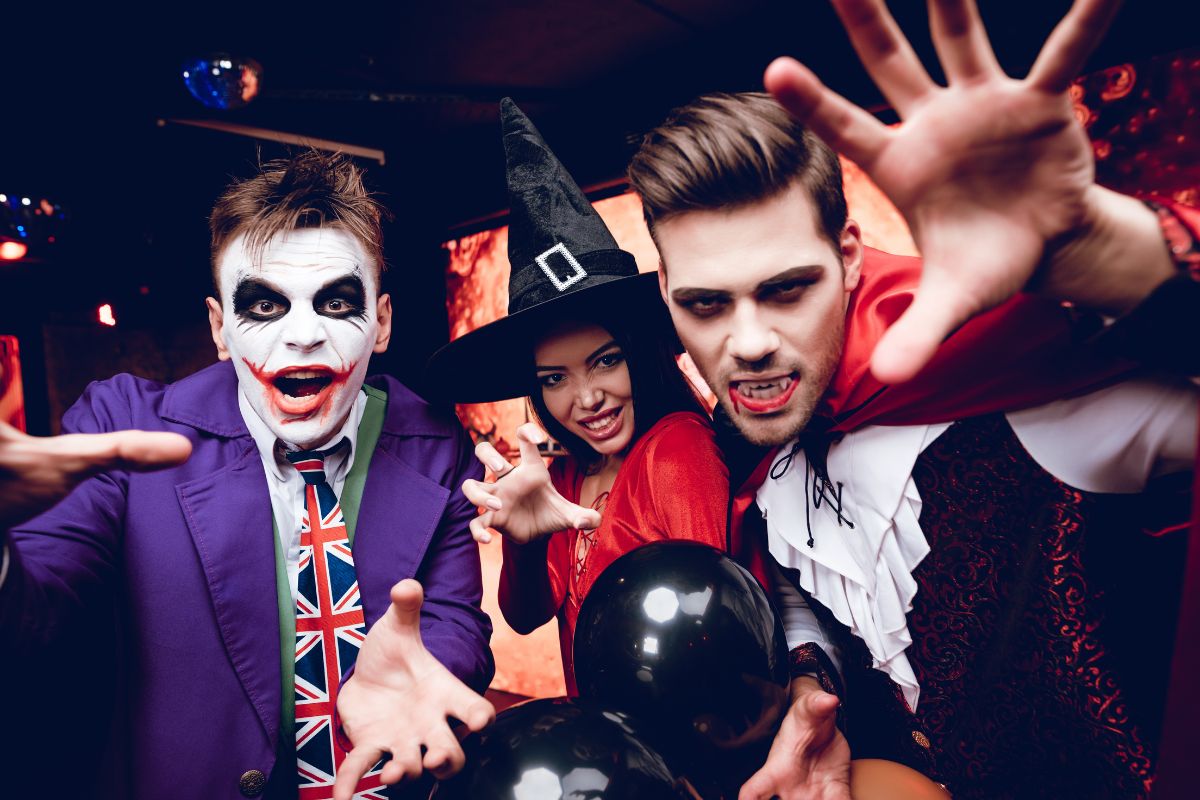The world houses an abundance of cultures varying in beliefs, practices, behavioral patterns, and prevalent figures or objects. They often stem or pertain to a set region, creating distinct communities globally. However, one type of culture that spreads its reach across countries is pop culture—a way of life based on trending movies, music, books, and other popular media influences. On top of being a worldwide phenomenon, pop culture holds a lot more influential power in societies. Here are a few ways.
Festive Traditions
Numerous festive celebrations feature pop culture references. Seasonal media spreads joy and holiday ambience, enhancing traditions with some influential movies, songs, and figures. During the spooky season, pop culture characters from trending shows, books, and video games make popular Halloween costumes each year.
At Christmas time, influential music from pop figures like Mariah Carey and Michael Bublé joins the long list of holiday traditions that encapsulate the festive spirit and time of year. Pop culture now plays such a prominent part in holiday traditions that without its influences, we’d lose many of the holiday festivities.
Personal Identity
Many people make their cultures their identity, especially ones that affect practices and behaviors. Those that identify as part of the pop culture genre fall into two major categories: enthusiasts or influential figures. One creates pop culture media and content, while the other enjoys the products. Both spend the majority of their time tied to trends, either embodying or aspiring toward involvement.
Pop culture influencers, like celebrities and trending singers, are those that hold high popularity, status, and fame. They continuously gain mass views and produce the latest favored content. The enthusiasts are those who continue to maintain those trends, like a fan of a trending show who consistently spreads the word about it. Since pop culture appears all around the world, there are large populations of people who embody or follow the cultural phenomenon.
Social Communities
Pop in pop culture refers to popularity, which makes a diverse selection of content. Many people possess different preferences: some people like traditional anime, while others are Disney lovers. Both anime and Disney create trending topics that qualify them under pop content. Since this trend-centric convention and lifestyle houses numerous classifications and types of favored content, there are numerous subgroups within the community. Pop culture formulates multiple societal groups, also known as fandoms.
Certain popular media brings together people who share the same interests, bringing to life numerous social communities. There are countless pop culture groups in society, from Potterheads and Twihards to Swifties and Tampa Bay Buccaneers fans. Fandoms cover all sections of pop culture, including sports, music, movies, writers, and fashion designers.
Attractive Advertisement
Pop culture also affects marketing. Most people find comfort in familiarity, which popularized content provides. Many businesses use pop culture references to attract customers. Creating advertisements using characters from trending books and shows, music artists, and sports teams appeal to fandoms, bringing a steady flow of customers. Whether a coffee shop sells character-themed drinks or a store sells merchandise from a popular TV show, these advertisements are an effective marketing strategy.
Pop culture holds a powerful influence over society, affecting communities, identities, festivities, and businesses. Its authority over various societal aspects makes it a prominent phenomenon that changes lifestyles and beliefs. Compared to other group values and communities, pop culture reigns as the most influential globally.


One comment